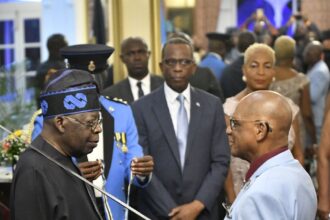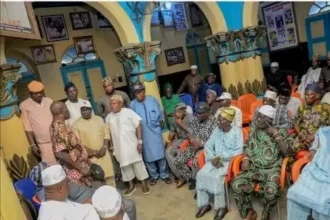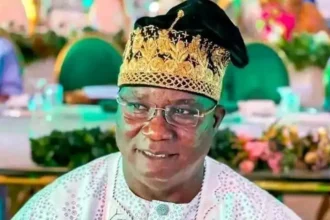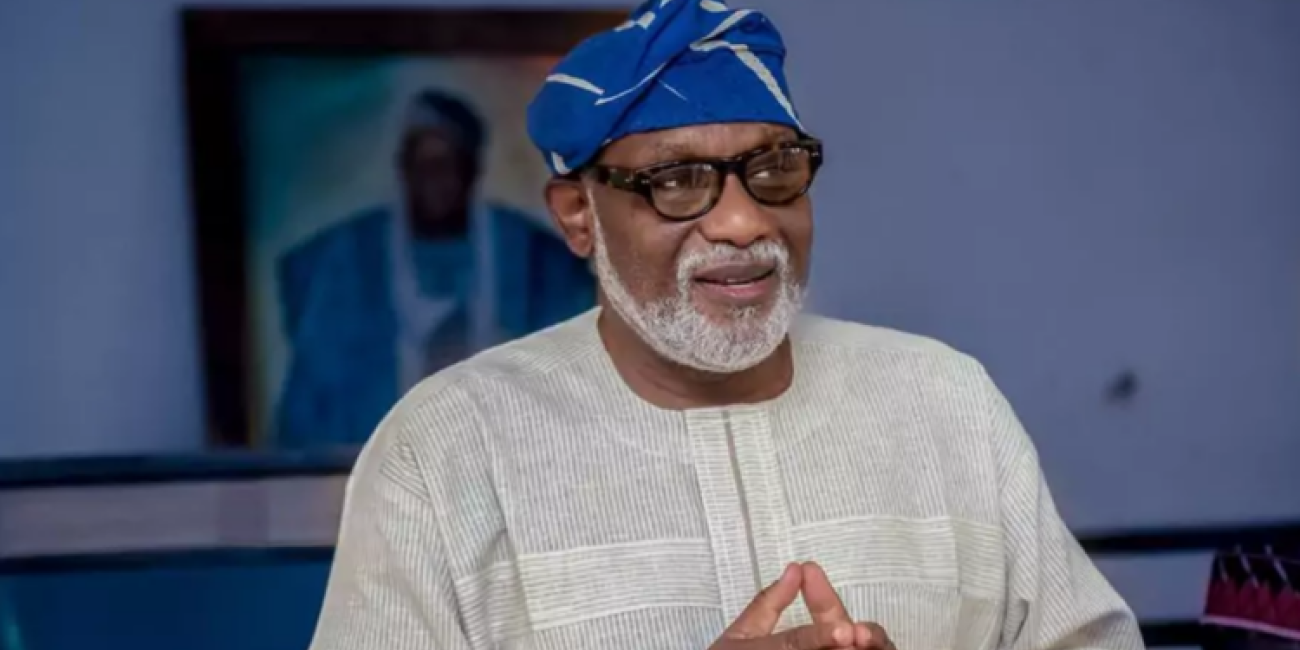...To get all news updates, Join our WhatsApp Group (Click Here)
Also Join our WhatsApp Channel (Click Here)
Adron Homes is in the news for the wrong reason this time around as customers took to social media to lament their awful experiences with the real estate firm.
The customers, who had purchased properties from Adron Homes, complained that the company failed to deliver on its numerous promises, including the allocation of lands even after payments had been made.
Some of the customers also accused Adron Homes of using deceptive marketing tactics to lure customers into purchasing properties, such as promising unrealistic returns on investment.
”Adron Homes is a fraudulent company. They allocated a piece of land in Shimawa, near the RCCG area, and gave a complimentary bag of rice and keg of groundnut oil. Shimawa had experienced a developmental boost due to the presence of the Redeemed church. However, years after almost completing the payment, Adron Homes reallocated the land to an entirely different area, a proper tropical rainforest.
“This action seemed like a breach of agreement, so we decided to back out and requested a refund. Unfortunately, their terms and conditions booklet is heavily loaded in their favor, which protected them. They charged a huge percentage of the money as a default fee and even demanded we return the bag of rice and keg of groundnut oil we received before they refunded a ridiculous amount…” one of the customers, @Engr_Series, wrote.
”Adron wey collect money for my hand and tell me told me to oay 1.5m for development fee on half plot i just kuku dash dem d money Adron na fraud,” @vantundenani wrote.
However, while many people continued to share their awful experiences with Adron Homes, others spoke glowingly of the real estate firm.
”Actually I have seen, both local and overseas guys that buy and build. As an architect I have also designed, supervised and built houses for clients in Adron homes. I think the best advise is just pay your money in full, collect your land where you paid for and start building,” @aramitunji wrote.
However, another Twitter user, simply identified as Bodmass (@Bodmas18_) ruled out insinuation that Adron Homes is fraudulent and attributed people’s bad experiences with the real estate company to their inability to ask questions and read their terms and conditions.
Bodmas said, ”In simple truth, Nigerians love the idea of living in an estate, and, the state of the earth’s infrastructure and the serenity of the real estate company puts in place drives them to buy. In the case of Adron Homes, I personally took families and friends to go buy from them after reading carefully the terms and conditions.
“I went there and saw massive infrastructural work and I asked how the company manages to put all these amenities such as concrete roads, drainages, dedicated power supply, and other amenities I saw when I was taken on inspection I was told one has to pay for the infrastructural charges to build and I agreed cos I can see what I’m paying for and why it was necessary. I intend to build and resell some acquired plots of land just when it’s ripe for reselling. The problem is that people don’t ask questions,”
In response to what he described as an unestablished accusation of Adron Homes, one of the company’s marketers, who pleaded not to be mentioned in this report said that a lot of people don’t have an idea of how real estate works.
When asked if it’s true that people don’t get their lands allocated to them after payments, the marketer explained that Adron Homes has a policy that only those that are ready to build get their lands allocated to them.
”We don’t allocate lands to people until they are ready to build, and this is a transparent policy. It is clearly written in the documents we present to our clients. This is because we marketed these properties with the promise to provide social amenities, and security, amongst other things. Tell, how do you want us to provide security for someone who has a house in one of our estates, but is surrounded by bushes because the land owners that are supposed to be his or her neighbour aren’t ready to build?” he queried.
Efforts by our correspondent to reach Adron Homes Management for their reaction to the development proved futile.
You can get every of our news as soon as they drop on WhatsApp ...To get all news updates, Join our WhatsApp Group (Click Here)
Also Join our WhatsApp Channel (Click Here)












